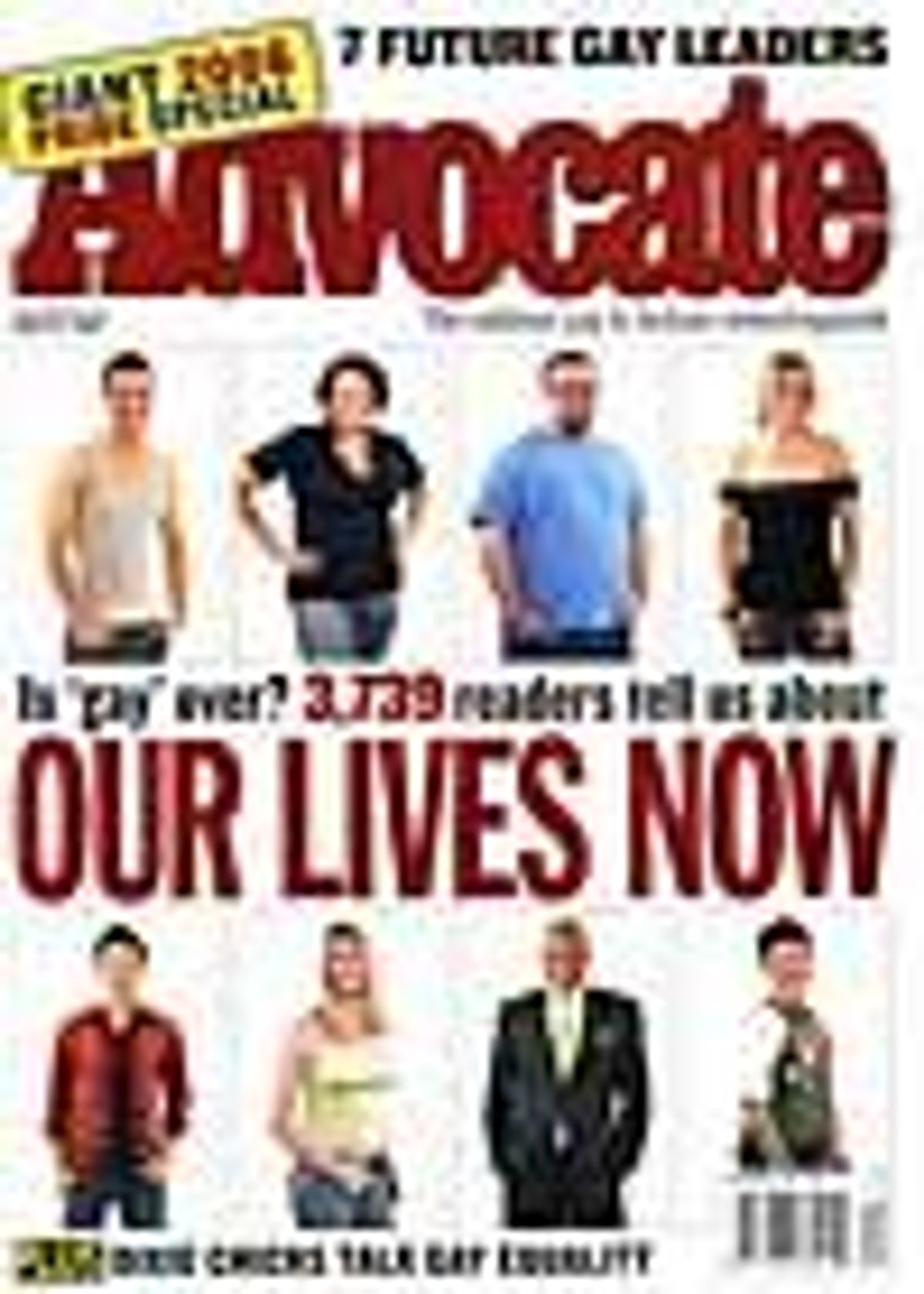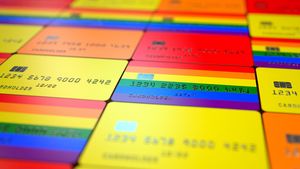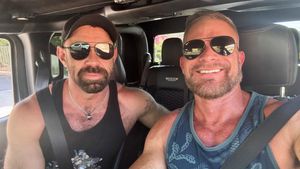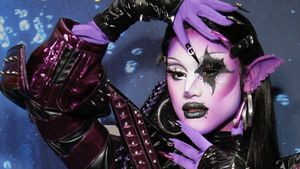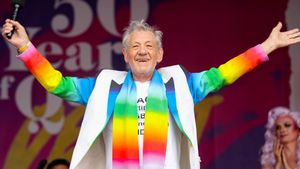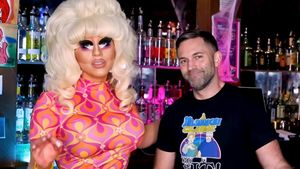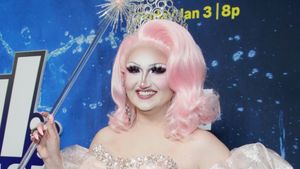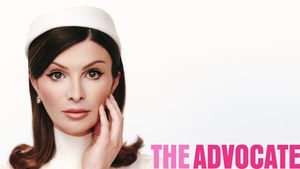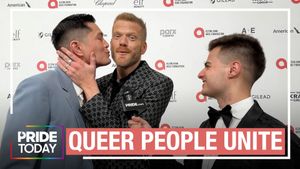When Ellen
DeGeneres came out on the cover of Time magazine
nearly 10 years ago, she did it using three simple,
now-iconic words: "Yep, I'm Gay."
It stands as an event that in the expanding gaze of history
appears to be every bit the major cultural touchstone
the country believed it to be back in April 1997, if
for no other reason than in the nine years since, one
would need to have lived in a cave to have missed the
meteoric expansion of LGBT visibility in American
popular culture. Oh, and the sudden primacy of LGBT
issues in national political discourse. And the
explosion of out LGBT youth. And the growing elasticity of
gender norms. And the revolutionary role the Internet
has played in bringing LGBT people together,
connecting even the most isolated on an unprecedented
scale.
But let's
circle back to those three words, or, really, that last one:
"Gay." In the Time story, DeGeneres
explained she was more comfortable using the word gay,
half-joking that for a long time she felt the word
lesbian "sounded like somebody with some kind
of disease."
At the time,
DeGeneres's nonchalant insistence on bucking the
semantic status quo when it came to defining her
sexuality barely registered amid the thundering cheers
that Finally, Someone Did It. And yet, looking at that
cover today, her decision to use gay in order to say
"this is who I am" could be the most
prophetic--and ironic--aspect of Ellen's
entire coming out. Because in 2006, after all the
swift and sudden change that tumbled forth following
that cover, gay, in all its
meanings--personal, communal, cultural,
political--seems to be going through its own
identity crisis.
"Gay as an identity, as we used to know it,
may be pretty much at an end," argues Arnold
Zwicky, a respected Stanford University linguist who
came out on the campus of Ohio State University in 1970,
just a year after the Stonewall riots. "People
are thinking of their sexuality in a much more diffuse
way. The word gay has split and splintered and
been used for all kinds of related but distinct things to
the degree now where it's actually hard to talk
about this stuff [and all mean the same
thing]."
"There's no longer a dichotomy [like]
'either you're gay or you're
straight; these are the two options,' " echoes
David Levithan, who coedited the newly published
The Full Spectrum: A New Generation of Writing
About Gay, Lesbian, Bisexual, Transgender, Questioning,
and Other Identities, compiled from
submissions by writers in their teens and early 20s
from red and blue states alike. By far, Levithan says, LGBT
youth "see themselves more as individuals than being
defined necessarily by their sexuality."
